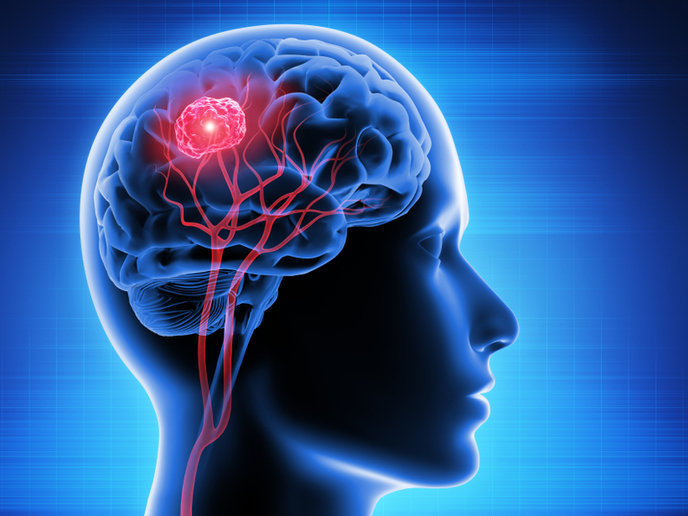Optimising anti-cancer chemotherapy
There are two distinct mechanisms that can result in angiogenesis. One originates from local endothelial cells in the tumour and the other involves movement of bone marrow-derived endothelial cells. As angiogenesis facilitates cancer development, the EU-funded BMDCS IN CANCER project evaluated the contribution of different bone marrow-derived cells (BMDCs) in tumour formation and growth. In view of recent partner findings, the researchers also investigated the role of BMDCs in metastasis after cytotoxic anti-cancer drug therapies. BMDC mobilisation from the bone marrow and tumour homing are both key for cancer metastasis. Hence, partners aimed to identify the host factors and cytokines that promote these events. Project scientists identified a number of cell types that are induced by cytotoxic therapy. For example, FOLFOX, a combination of chemotherapy drugs mainly for colon cancer, induced endothelial progenitor cells (EPCs), which are precursors to the cells that form the lining of blood vessels. EPCs are potential markers for tumour angiogenesis. On the other hand, gemcitabine and cisplatin chemotherapy, used for breast and colon cancers did not induce mobilisation of these cells. Researchers also investigated the effects of granulocyte colony-stimulating factor (G-CSF), used as a stimulant for white cell growth during chemotherapy. G-CSF is known to induce the mobilisation of various BMDCs. Therefore, scientists looked for drugs that block the ability of such cells to promote angiogenesis and subsequent tumour regrowth. Mozobil, a CXCR4 antagonist, was found to inhibit systemic angiogenesis that could improve the outcome of chemotherapy. The cost of anti-angiogenic therapy is relatively high compared with the modest clinical survival benefits. BMDCS IN CANCER has developed a sound knowledge platform to optimise clinical outcome of chemotherapy with anti-angiogenic drugs and increase commercial and clinical viability.







